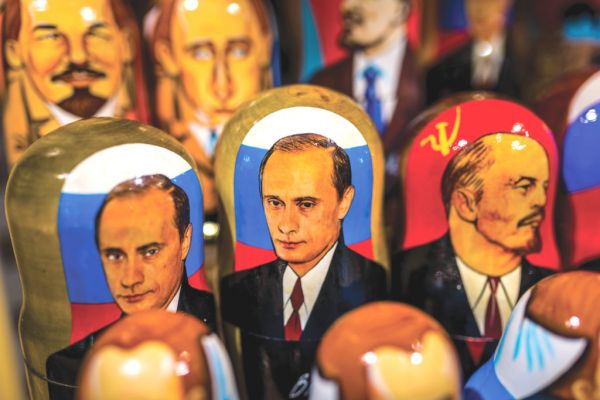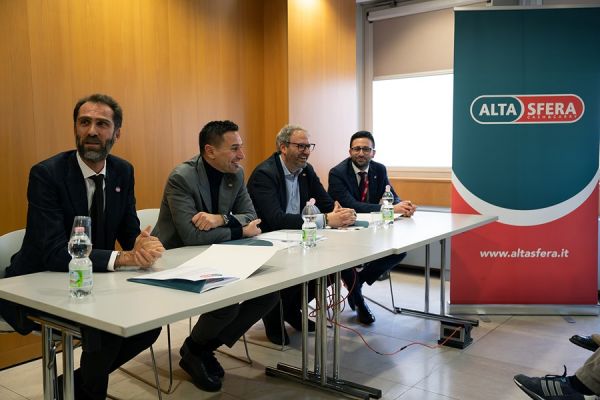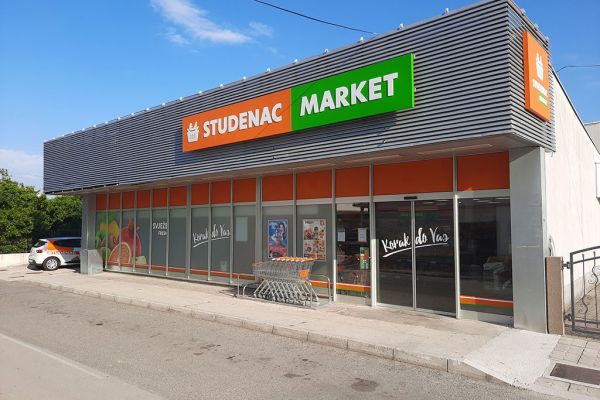Elvira Nabiullina, the head of Russia’s Central Bank, says Russians will get to enjoy some lower prices in time for New Year’s Eve parties, but her countrymen aren’t buying it.
The central bank has compiled special holiday-staple price indexes to press the point that inflation is in fact coming down, according to the governor.
The cost of ‘Herring Under Fur Coat,’ a Russian classic of fish stacked with potatoes, beets and a heavy coat of mayonnaise, is actually down 0.9 percent this year. ‘Olivier Salad’, a pseudo-French concoction, costs only 1.2 percent more than last year. Overall inflation is running at 2.6 percent from a year earlier, Nabiullina said.
“People’s sense of inflation is far higher,” Nabiullina told lawmakers in Moscow on Wednesday.
Price Increases
For reasons that are frustrating the central bank, price growth as perceived by Russians is almost four times the headline number. That’s leaving monetary policy hostage to elevated expectations, which the Bank of Russia calls a “pillar” of its interest-rate decisions. Until those expectations stabilize at a lower level, Nabiullina needs to tread cautiously about lowering interest rates, even if business bemoans the high cost of credit.
Despite more than halving inflation since the end of 2016, the central bank has delivered less than 2 percentage points of easing this year.
Rate cuts will continue, but “fairly gradually,” which in the absence of unfavorable outside factors will bring the benchmark from its current level of 8.25 percent to 6 percent to 7 percent in one or two years, according to Nabiullina. At the same time, she warned on Wednesday against moving too quickly to reach an “ equilibrium level” for rates.
Household Inflation
Household inflation expectations for a year ahead are now at 8.7 percent, she said. The central bank targets inflation at “near or around” 4 percent.
Inflation in excess of 2,000 percent in the 1990s may still be on Russians’ minds, calling into question the recent price deceleration. Despite the unprecedented slowdown, Russians still ranked inflation among their three top concerns last quarter, alongside corruption and unemployment, according to Sberbank CIB’s latest survey of the typical shopper.
“There’s a historical bias,” said Dmitry Polevoy, an economist at ING Groep NV in Moscow. “People simply never lived under low inflation, which is why more time is needed for them to adapt.”
News by Bloomberg, edited by ESM. Click subscribe to sign up to ESM: The European Supermarket Magazine














